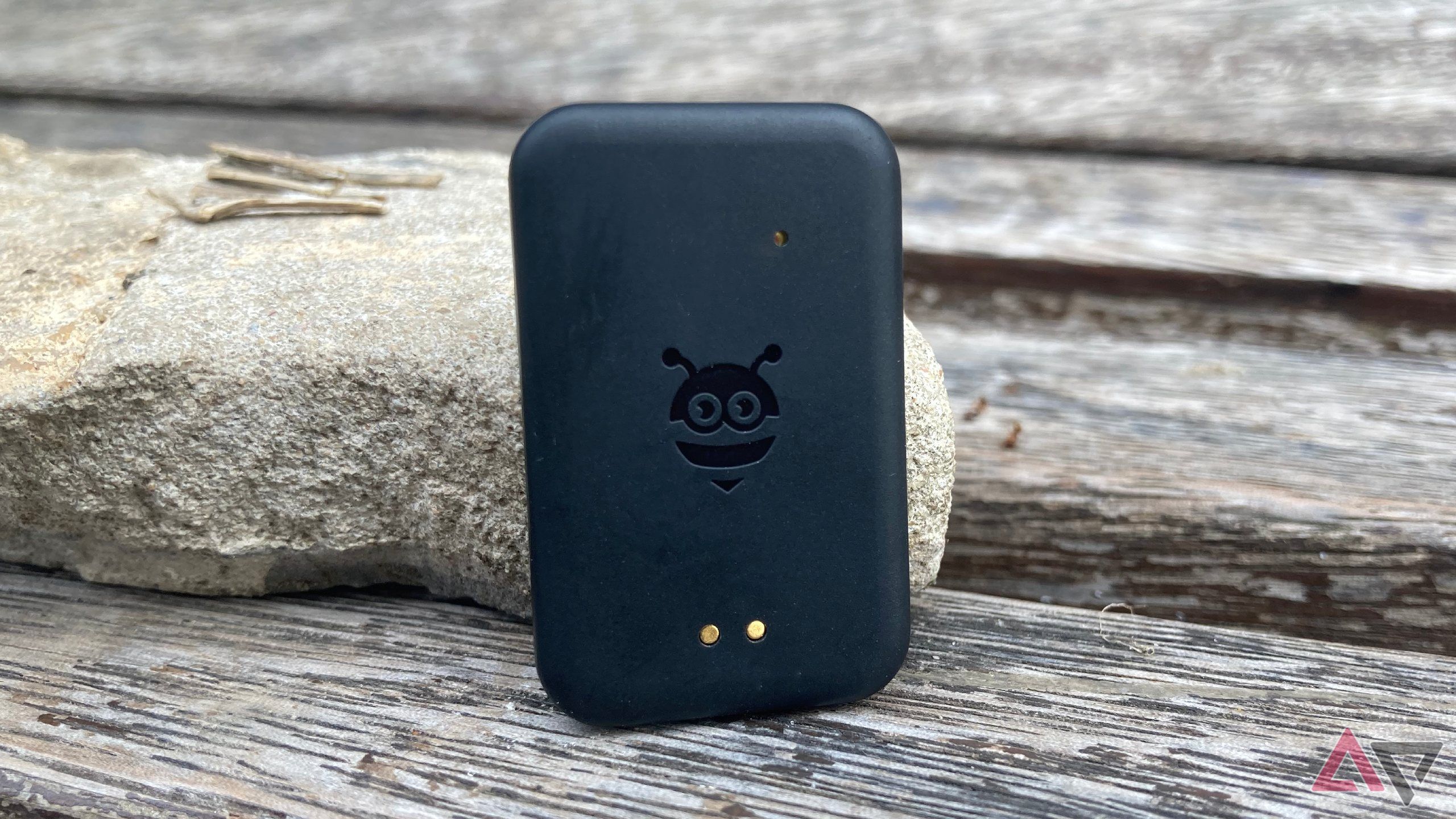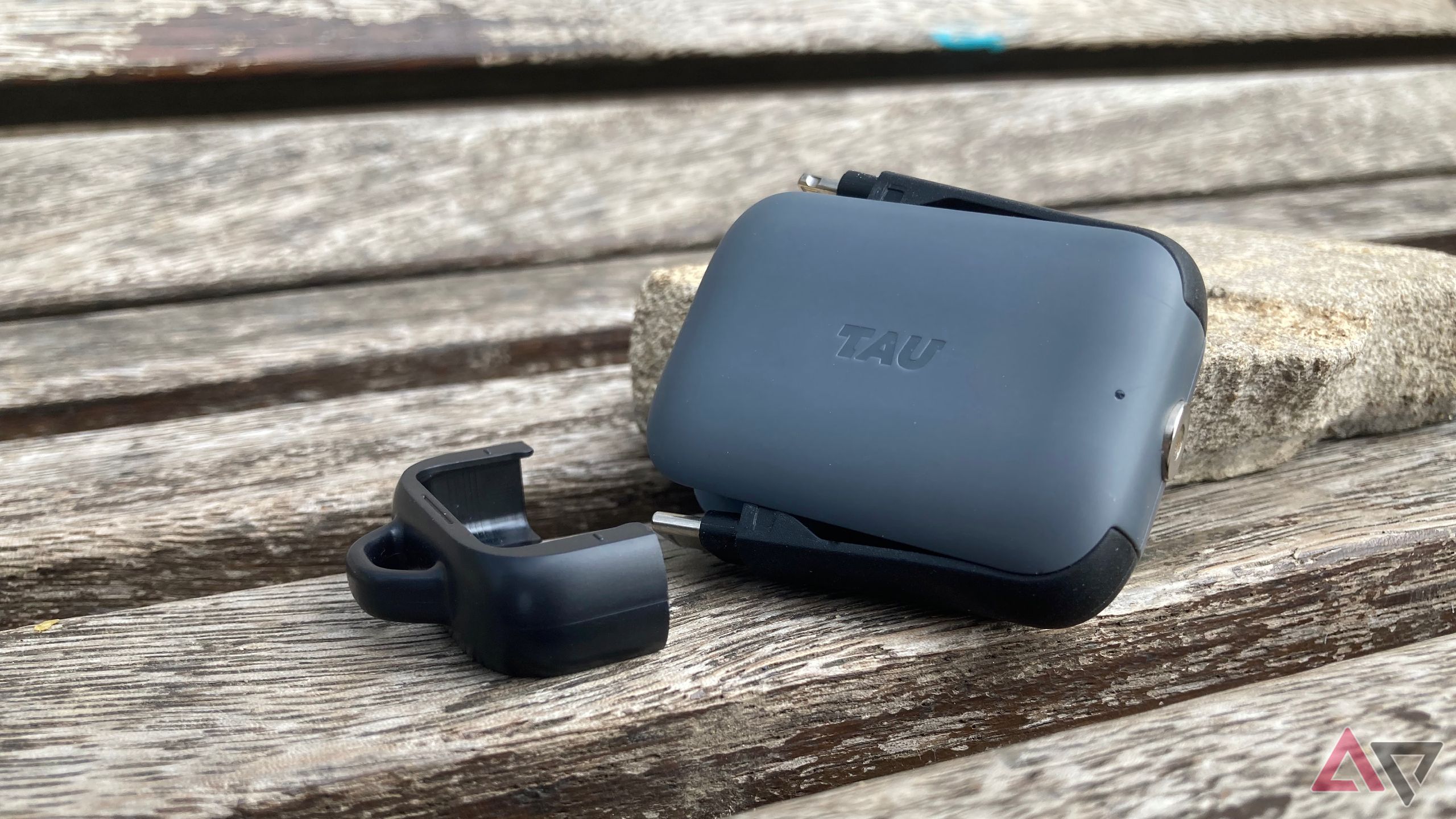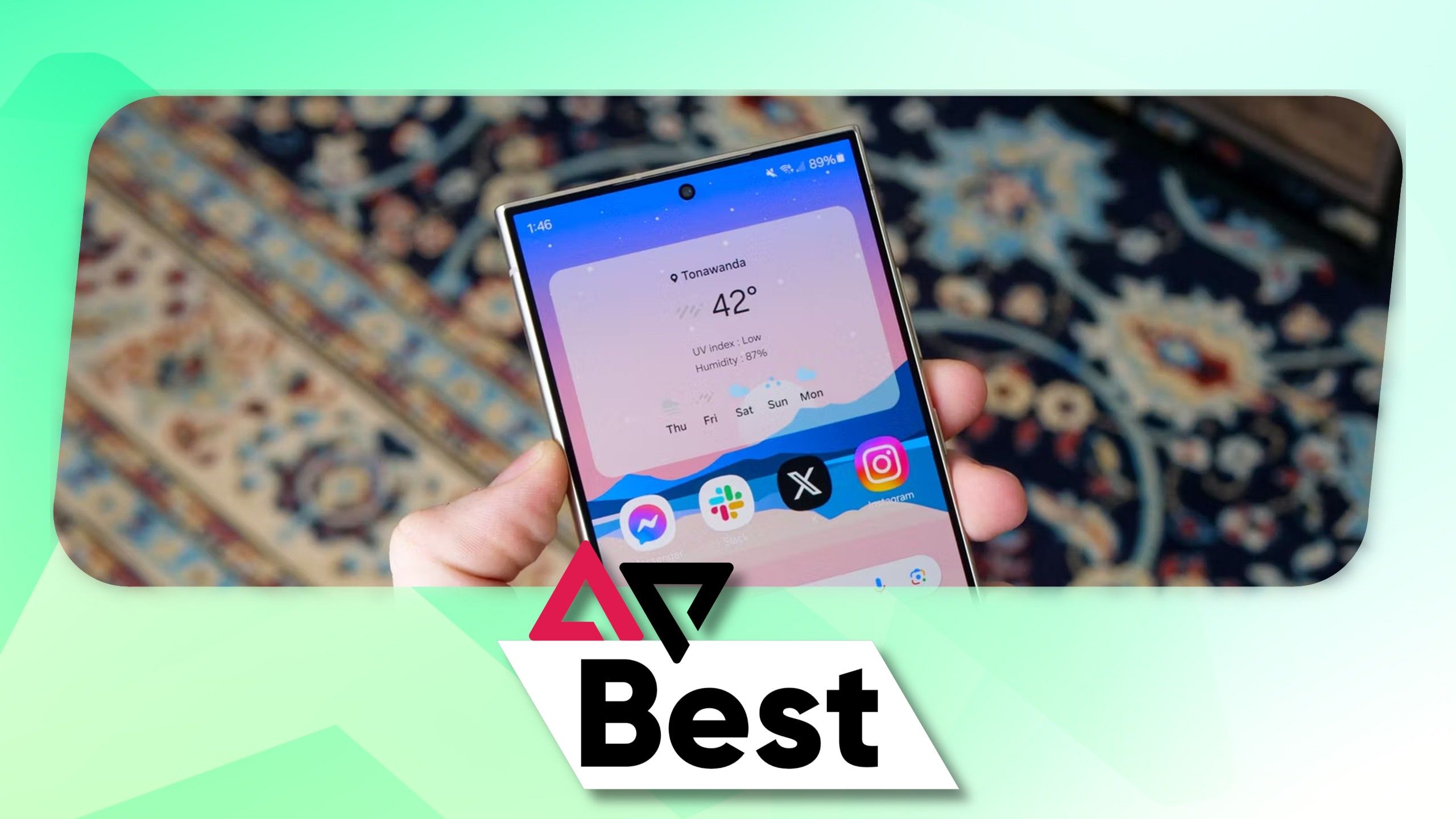Android’s response to the acclaimed Apple AirTag finally arrived — as 2024 had almost halfway passed — and landed with a dull, wet thud. Google’s Find My Device tracking network barely worked in the beginning and isn’t much better now.
But FMD’s shambolic rollout and underwhelming performance haven’t stopped manufacturers from making the best of a bad situation. Several companies have nobly tried, with varying degrees of success and feature completeness. The Pebblebee Universal lineup, a follow-up to the company’s For Android release, is one such attempt at a capable Android Bluetooth tracker.
Unfortunately, Pebblebee can’t rectify Google’s inherent FMD problems. What’s more, the new models are actually downgrades in a way. In failing to live up to their name, they also hint at the future of the company’s proprietary tracker network.
-
Pebblebee Tag Universal
The Pebblebee Tag Universal is the smallest Bluetooth tracker, making it potentially more versatile than most. Sadly, it’s held back by Google’s mediocre network implementation and a lack of additional features.
Cons- Subpar Bluetooth range
- Only IPX6 rated
- Lacks notification history and Pebblebee app support
-
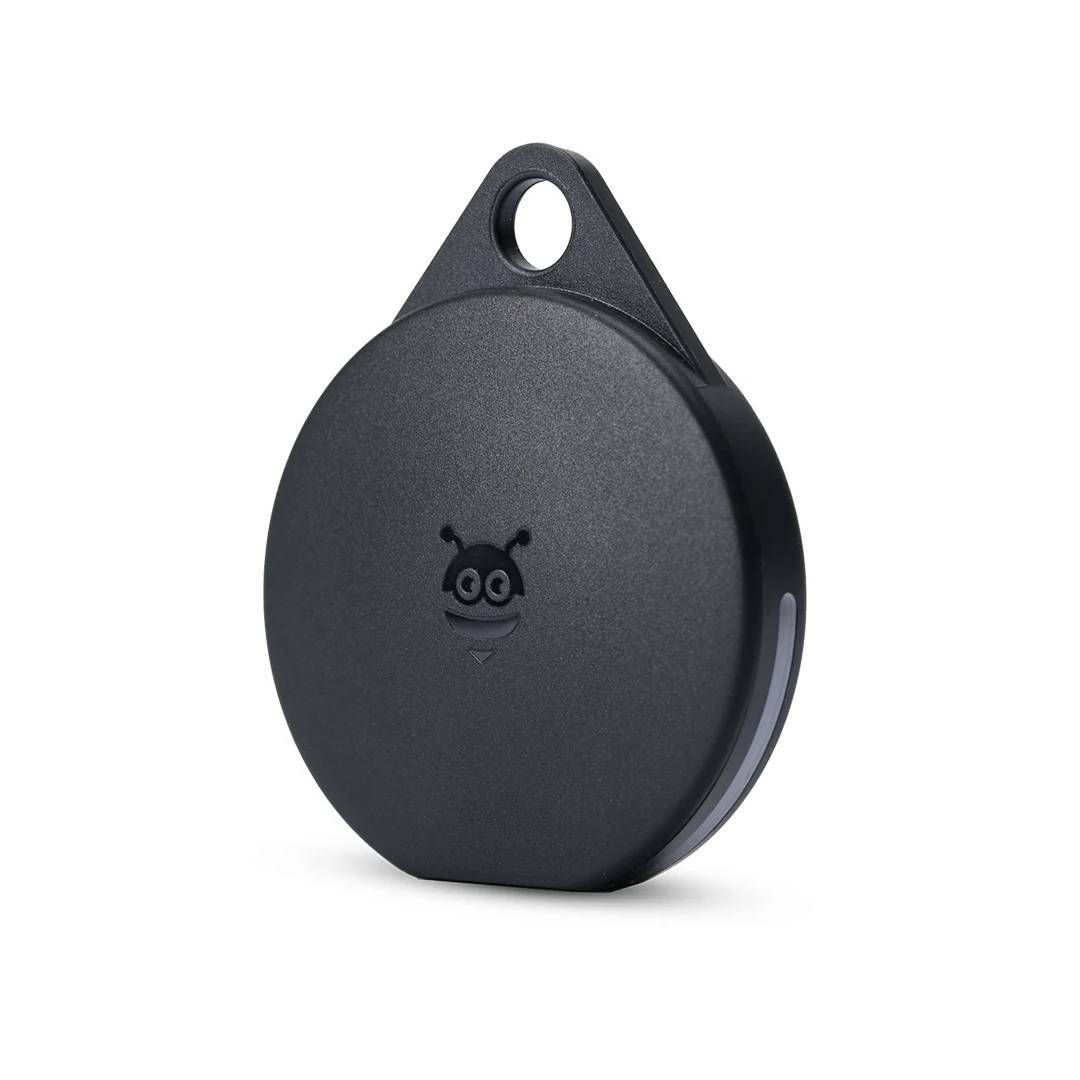
Pebblebee Clip Universal
The Pebblebee Clip Universal is a good local keyfinder that makes a loud beeping sound. If you’re lucky enough to be somewhere the Google FMD network performs decently, it might help find things you lost.
Pros- Great for finding things lost in your home
Cons- Inconsistent battery readout and pairing resilience
- Easily scratched
- No geofencing or location history possible
-

Pebblebee Card Universal
The Pebblebee Card Universal can assist in locating lost bags, laptop cases, and other gear, as long as the Google Find My Device network performs well in your area. If it doesn’t, you won’t find many use cases for the Card.
Pros- Long-lasting battery, despite the slim build
Cons- Credit card-like form factor isn’t particularly versatile
- The button makes wallet use questionable
- Lacks Left Behind alerts on Android
Price, availability, and specs
The Universal versions of the Pebblebee Tag, Clip, and Card each cost $35. They’re readily available through Pebblebee’s website, Amazon, and Best Buy. Interestingly, the Universal trackers have been the only products available through Pebblebee’s website since their launch. A curious development, indeed.
What’s good about the Pebblebee Universal Bluetooth trackers?
They certainly look and feel nice
Don’t get me wrong — these are nifty gadgets. The Tag’s form factor, in particular, is a testament to human ingenuity and Pebblebee’s engineering. It’s inspiring that people can cram wireless communication and an 8-month battery into something so tiny. No other Bluetooth tracker is so small. It’s also nice that Pebblebee includes a silicone pet collar strap.
Functionally speaking, I’ve found the Clip the most useful. I use it as a good, old-fashioned key chain. Thanks to neurodivergence and a messy house, losing my keys under a pile of clothes, electronics, dog toys, or other detritus makes for a recurring scavenger hunt. The Clip’s loud beeping regularly saves me several frustrated minutes of upending furniture and loose belongings.
The Card has its moments, too. I wish I’d had one (and had it attuned to a non-Google network) in my backpack at the park a few weeks ago. It might have alerted me to the individual walking off with my stuff while I spent three minutes extricating my dog from a pile of delicious garbage.
They’re all pretty loud, the controls and setup are simple, and they look nice out of the box. I’m told a non-zero number of Pebblebee users do, in fact, receive location updates at useful frequencies. If that holds true in your area, the right Pebblebee Universal form factor could help you find your lost stuff. That’s especially true if you use iOS, as these work well with Apple devices.
As for Android, well… I wanted these to work, so I wish I could go on extolling their virtues. Unfortunately, I can’t.
What’s bad about the Pebblebee Universal trackers?
Where to start?
When testing the Pebblebee for Android lineup this summer, Android Police editor Taylor Kerns and I had similarly disappointing experiences. Mr. Kerns tested them in a small US city, and I in a European capital. Outside a US coffee shop with dozens of customers throughout the day, the Tag didn’t respond at all. I walked for over an hour up and down a major city street where a hundred or more people were visibly using Android phones. I didn’t see an update on the Card or Clip.

Read our review
Review: The Pebblebee Clip for Android’s biggest problem is Google
Blame this one on the Big G
At that time, Google had already assured us its network’s rollout was completed. Since then, a trickle of new activation reports worldwide made me optimistic these would work well. To my jaded lack of surprise, the Pebblebee Universals don’t work much better — at least not to any useful degree. I did get slightly more frequent pings (every 3 hours instead of 4), but not enough to be notably more useful.
However, the fatal Catch-22 remained. In areas with high enough traffic for more consistent tracking, the denoted area was far too wide to serve any purpose. A 120-meter-wide circle in the middle of Lisbon isn’t helpful. Outside the city center, surrounded by apartments, I was lucky to see an update for several hours. In suburbia? Good luck.
It also remains ironic that after unknown tracker detection supposedly contributed to Google FMD’s rollout delays, it still doesn’t work. My Android devices failed to automatically warn me when I carried an Apple Find My-paired Pebblebee Clip around.
Why Google Find My Device trackers aren’t very good
To be perfectly clear, it’s completely unfair to blame Pebblebee for Google’s hit-or-miss (and usually miss) tracker network. I actually feel a little bad for whom I assume are the hard-working folks at Pebblebee. The company signed onto the new protocol based on the promise of a functioning framework. Now it has to deal with countless people disparaging its only products, like I’m doing right now.
Excited as I was about Android’s AirTag counterparts, the whole exercise was probably doomed from the start. If Find My Device had been associated with anywhere near the number of stalking incidents AirTags have, Google would’ve been raked over the coals. Its relatively open, cutthroat tracking ecosystem opens it to far more potential incursion and scrutiny.
Apple undoubtedly uses tracking to some extent, but nowhere near as invasively as Google and its partners. Android trackers serving as accomplices to well-publicized stalking-related crimes would probably have us watching another federal investigation right now. So, as painful as Google’s privacy-based tracking kneecapping has proven, it’s neither unexpected nor without reason.
We really hoped these would work better, and not just because they’re new. Upon their release, Pebblebee apparently discontinued and pulled all previous models from its website, which are also harder to find at other retailers. The only version of Pebblebee trackers readily available is the Universal variant.
Google’s feeble Bluetooth struggles spell trouble for Pebblebees
We now interrupt your regularly scheduled Google complaint for some actual Pebblebee criticism. The name “Pebblebee Universal” implies universal support for major networks. A reasonable person might assume Pebblebee’s network exists within that universe. That way, even if Google’s network forever sucks, they could switch to Pebblebee’s. It’s not great for long-distance tracking, but it does have handy features like geofencing (on iPhones, that is), Left Behind notifications, location history, and phone finding.
Even my deep-seated cynicism couldn’t mask my surprise to learn that Pebblebee Universal trackers do not support the Pebblebee network or app. Then why are they named Universal?
Now, let’s put two and two together. If you can only buy Universal trackers, and those trackers don’t support Pebblebee’s proprietary network, what does it imply for said network? A slow, unheralded death? With no trackers that work well on Google’s network, and three trackers that aren’t as good as AirTags, what happens to Pebblebee as a whole?
A few minor issues, still nothing new
Because the Universal lineup seems like roughly the same hardware with less capable software (you gotta unload product somehow, right?), the previous Pebblebee problems persist.
- They scratch pretty easily — not ideal for a key chain.
- Their IPX6 rating means the Tag Universal may not suit water-enjoying pets (I’ve already lost one to a large puddle).
- My Clip’s pairing simply broke on two occasions. Once, from temporarily disabling and re-enabling too many times, and another from the battery running out. Each time, only a factory reset fixed it.
- The Card’s activation button is easy enough to press that I’d think twice about stuffing it in a wallet.
- The included accessories (the Clip for Android’s immediately broken key ring, and the Tag Universal’s pre-torn collar strap) can’t claim reliable build quality.
That’s all just icing on the poorly performing Google FMD cake.
Pebblebee Universal tracker competitors
There are some, and they’re mostly better
Pebblebee smart tags work well with Apple devices, but more slowly and less precisely than AirTags. This isn’t iOS Police, but if you’re willing to switch to a more restrictive ecosystem for a Bluetooth tracker, be our guest. AirTags are fantastic, and give us all (mostly) false hope in their competitors. If you’re sticking with Android, though, here are your options.
- Samsung Galaxy SmartTag 2: If you own a Galaxy phone, get this one. Wherever there’s a decent number of Samsung devices (which is many places), it works great. Newer Galaxies also support precise local UWB locating.
- Tile Pro (2024): It works considerably better than you might think, given its reliance on a proprietary network. That’s partially because it also leverages the participation of everybody who uses the Life360 app. At least Life360 isn’t being nearly as cavalier with location data sales as it was a few years ago.
- Tile Mate (2024): Smaller, cheaper, and slightly less feature-packed than the Pro, it’s still better than Google FMD trackers.
- Motorola Moto Tag: This one’s still in our testing pipeline, but precise UWB finding, a replaceable battery, and an IP67 rating make it extremely enticing. It also uses the Google Find My Device network, but maybe I’m ready to be hurt again.
Should you buy them?
Not the best buy — at least, not in most regions
Pebblebee trackers apparently work OK in some places. I’ve seen users in other countries getting absurdly more frequent updates than I did (Brazil, for example). If you have the chance to try one out or know somebody who owns one, and the results look good — you might be satisfied. But if you’re looking for reliability, waterproofing, or features beyond two or three vague location pings per day, look elsewhere.
Again, it’s not really Pebblebee’s fault. Its trackers got the short end of the stick. I’ll probably stay mad for another week at whoever came up with the name “Universal,” but the fact is, Google didn’t set anybody up for success here.
-

Pebblebee Tag Universal
The Pebblebee Tag Universal is the smallest Bluetooth tracker, making it potentially more versatile than most. Sadly, it’s held back by Google’s mediocre network implementation and a lack of additional features.
-

Pebblebee Clip Universal
The Pebblebee Clip Universal is a good local keyfinder that makes a loud beeping sound. If you’re lucky enough to be somewhere the Google FMD network performs decently, it might help find things you lost.
-

Pebblebee Card Universal
The Pebblebee Card Universal can assist in locating lost bags, laptop cases, and other gear, as long as the Google Find My Device network performs well in your area. If it doesn’t, you won’t find many use cases for the Card.
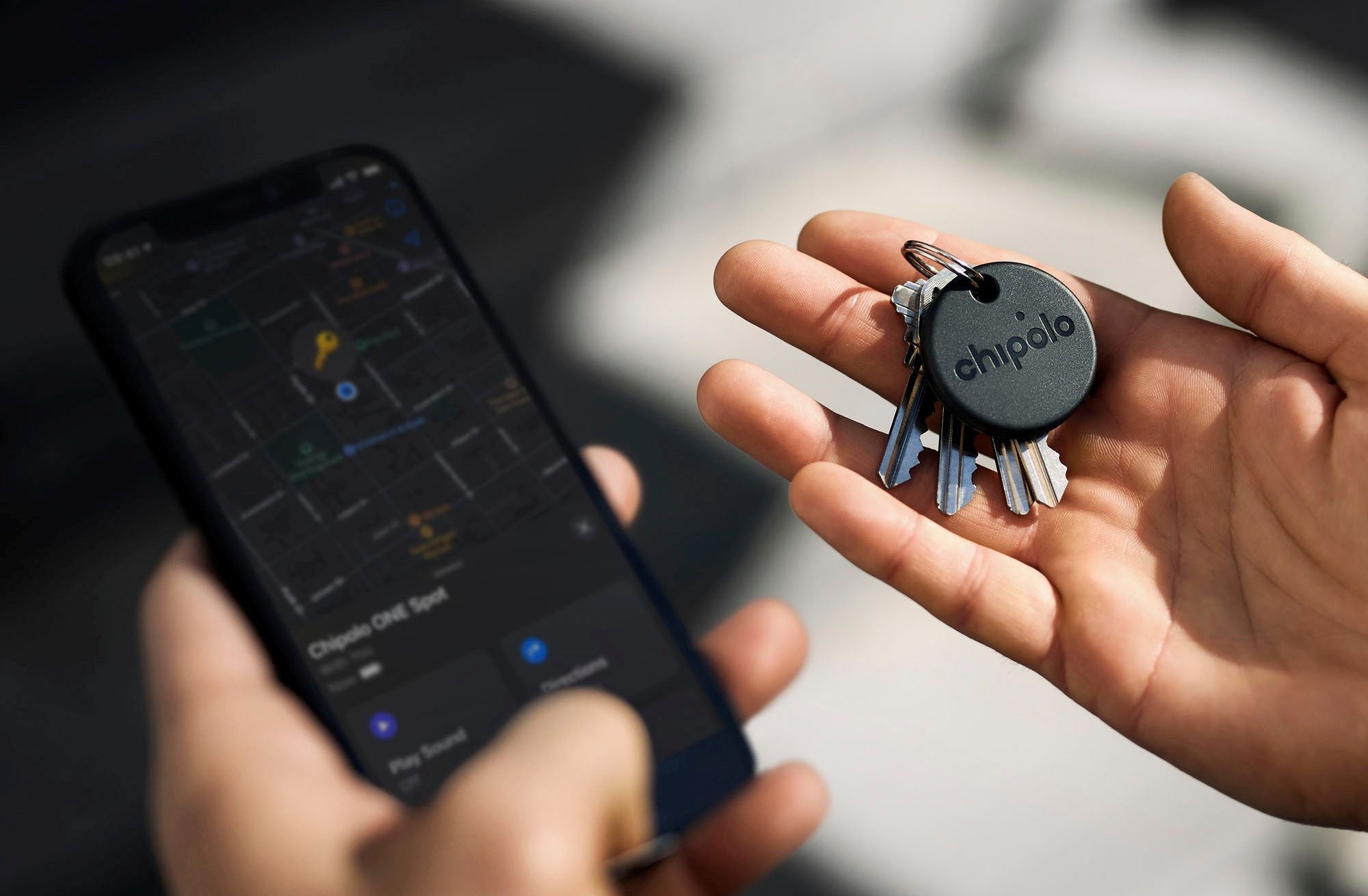
Related
Best smart tags in 2024
Never lose your precious belongings again with these smart tags
